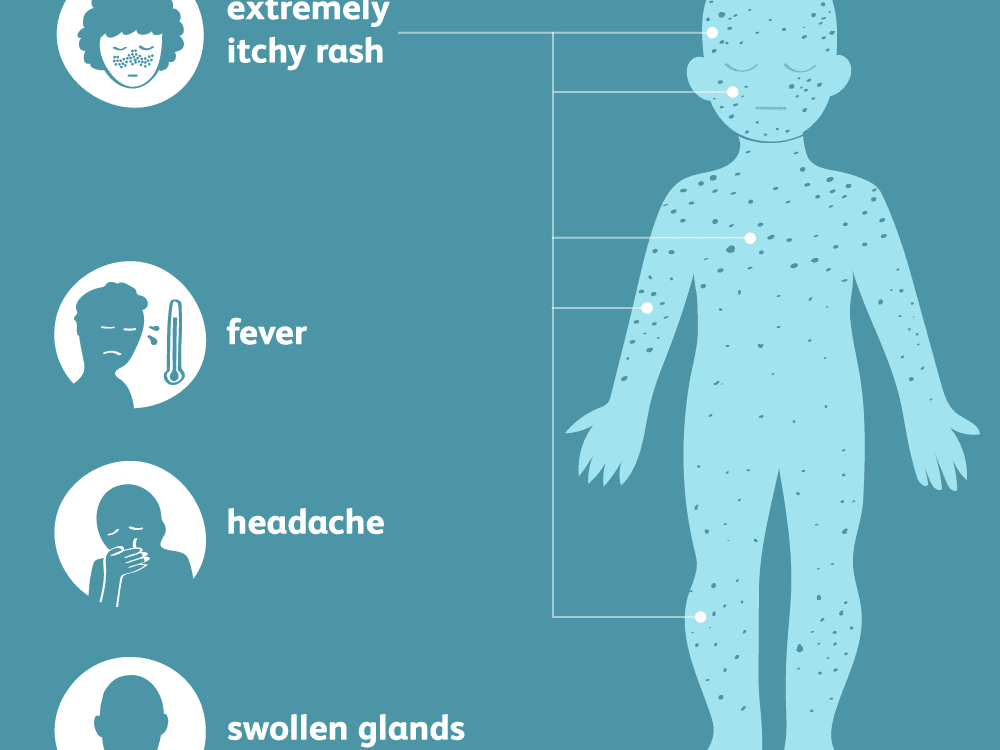
The varicella-zoster virus causes chickenpox. It is passed from person to person through contact with a person who already has it. It is spread by touch, mucous membrane, or even coughing or sneezing from an infected person. It is not spread by touching objects such as towels and blankets used by others.
Chickenpox is a highly contagious viral infection. Because of this, the virus spreads easily from one person to another through the air. It can also be transmitted by contact with an object that has been touched by an infected person. However, the virus cannot spread through mucous membranes such as saliva, tears, or sweat that are not used by others. However, if the virus is not detected early enough, it can lead to serious complications.
Although chickenpox is associated with many symptoms, only a few of them may not be related to the disease itself. If you have chickenpox and feel uncomfortable, it is best to see your doctor right away. Not knowing what to expect can make you more susceptible to more serious chickenpox infections, especially if you don’t know when the disease starts.
Chickenpox usually affects the skin, the lining of the digestive tract, and the brain. Although it can be present at any time, it usually begins to occur after age 20. Its incubation period is usually six weeks, but may vary. Once it becomes apparent, it is important to take care of the disease as soon as possible. By the time chickenpox symptoms appear, effective treatment is no longer working.
Mild chickenpox often clears up on its own within a day or two. However, if you do experience serious complications, it is best to seek immediate medical attention. Although the virus has an antibiotic, steroids, like those used for infections, can only mask the symptoms and cannot completely eliminate the disease. Therefore, it is always advisable to seek medical attention as soon as possible.
Although chickenpox does not cause serious complications, some precautions must be taken to reduce the risk of contracting it. For example, it is important to wash your hands frequently to avoid passing the virus on to others. It is also important to thoroughly clean the mattress and bedding before using them, as many people with chickenpox develop blisters that are highly contagious and painful. They are more difficult to treat than chickenpox itself.

Chicken pox can become extremely uncomfortable and is sometimes difficult to manage. To ease the discomfort and pain, many people turn to over-the-counter pain relievers and antihistamines, which can relieve the symptoms but do nothing to eliminate the cause of the ailment. Since the illness is contagious, it is also important to keep the area around the affected area clean and dry in order to avoid spreading it.
While there are no known cures for chicken pox, using natural remedies may be able to help ease the discomfort. There are several home remedies for the symptoms, as well as prescription medications that can help prevent the virus from returning.
Healthy eating habits are essential to good health. When suffering from chicken pox, it is important to make sure that you eat a balanced diet that is free from saturated fat, sodium, and cholesterol. This will make the chicken pox less likely to return and reduce the amount of medication that you will need to purchase. to combat the pain and discomfort that are caused by the virus.
For those suffering from chicken pox symptoms, drinking warm water to ease the burning and itching can help to reduce inflammation and discomfort. Additionally, using unsweetened yogurt is an excellent treatment for the painful blisters that may form around the eye and nose. It can also help to alleviate the aches and pains that are common after chicken pox. In addition, drinking unsweetened vinegar, mixed with water, helps to reduce pain and inflammation.
Regular physical activity is also important for maintaining a strong immune system. By exercising regularly, it helps to strengthen your immune system, and boost the body’s ability to fight off illnesses. This is especially important if you have a family member or ailing pet with the condition.
